How NGOs Are Helping Tribal Communities Thrive – By Shivaa NGO
Satya2025-01-08T01:30:49-05:30Introduction: Tribal communities are an integral part of our diverse world. With their unique cultures, rich traditions, and close connections to nature, they have contributed immensely to the social fabric of our society. However, they often face various challenges such as limited access to education, healthcare, and economic opportunities, which hinder their overall development. In such circumstances, non-governmental organizations (NGOs) play a crucial role in empowering tribal communities and helping them thrive. One such exemplary organization is Shivaa NGO, which is dedicated to uplifting tribal communities and fostering their holistic growth. In this blog post, we will explore how NGOs like Shivaa NGO are making a positive impact on tribal communities.
Education and Skill Development: Education is a powerful tool for empowerment and breaking the cycle of poverty. NGOs like Shivaa NGO are actively involved in providing educational opportunities to tribal children and adults. They establish schools, learning centers, and vocational training programs specifically tailored to meet the needs of tribal communities. By focusing on the cultural relevance of education, these NGOs ensure that tribal children receive an education that respects their traditions while equipping them with the knowledge and skills necessary for a brighter future.
Healthcare and Nutrition: Access to quality healthcare is often limited in tribal areas, leading to preventable diseases and high mortality rates. NGOs like Shivaa NGO work tirelessly to bridge this healthcare gap by setting up medical camps, mobile clinics, and healthcare centers in tribal communities. They provide essential medical services, vaccinations, and health education to improve overall well-being. Additionally, these organizations address the issue of malnutrition by implementing nutrition programs, promoting sustainable agriculture, and advocating for food security.
Livelihood and Economic Empowerment: Economic opportunities are crucial for the self-sufficiency and prosperity of tribal communities. NGOs like Shivaa NGO empower tribal individuals by offering vocational training, entrepreneurship development, and microcredit initiatives. These initiatives enable tribal members to acquire marketable skills, start their own businesses, and generate sustainable incomes. By promoting sustainable livelihood practices, such as organic farming or handicraft production, these NGOs contribute to the economic empowerment of tribal communities and help them break free from the cycle of poverty.
Cultural Preservation and Empowerment: Tribal communities possess rich cultural heritage, which is often at risk of being eroded due to external influences and marginalization. NGOs like Shivaa NGO recognize the importance of preserving and promoting tribal cultures. They collaborate with tribal communities to document traditional knowledge, revive indigenous art forms, and organize cultural festivals. By celebrating and showcasing tribal traditions, these organizations instill a sense of pride and identity among tribal communities, empowering them to preserve their unique cultural legacies.
Advocacy and Policy Support: NGOs like Shivaa NGO play a vital role in advocating for the rights and welfare of tribal communities. They engage in policy dialogue, collaborate with government agencies, and raise awareness about tribal issues at local, national, and international levels. Through their advocacy efforts, these organizations strive to ensure that tribal communities receive equal opportunities, representation, and protection under the law. They also work towards addressing land rights, forest conservation, and sustainable development in tribal areas.
Conclusion: NGOs like Shivaa NGO are beacons of hope for tribal communities, working tirelessly to uplift, empower, and advocate for their rights. By addressing key areas such as education, healthcare, livelihood, cultural preservation, and policy support, these organizations create sustainable change and enable tribal communities to thrive. However, the journey towards holistic development for tribal communities is an ongoing one, and it requires continued support and collaboration from governments, individuals, and society as a whole. Together, we can create a more inclusive and equitable world, where tribal communities are celebrated and provided with the opportunities


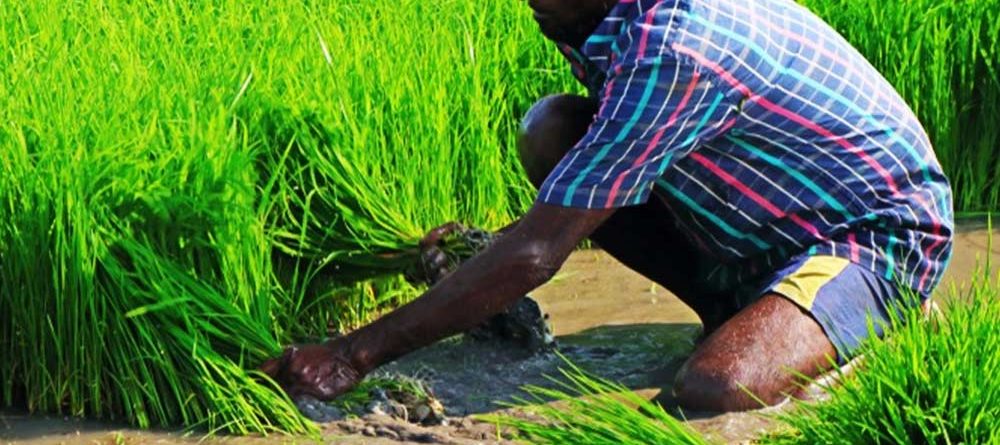
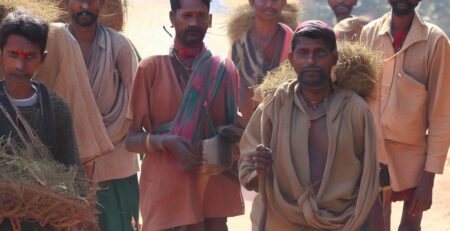
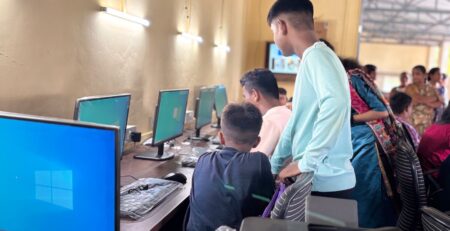
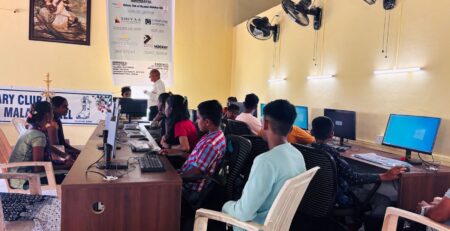
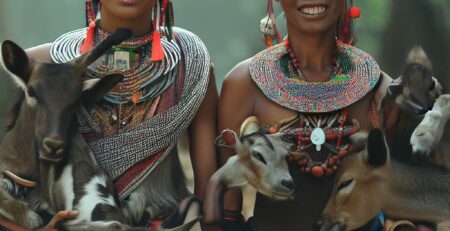
Leave a Reply